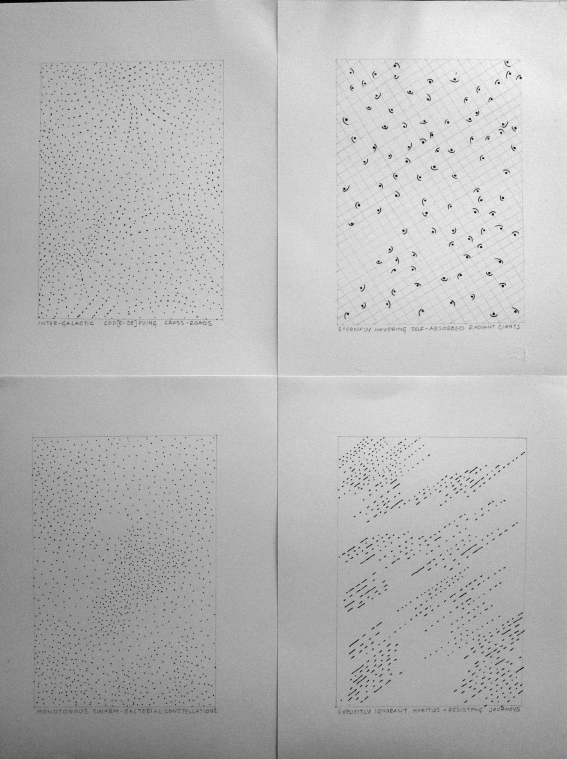Installation Breakdown– stages
The configuration in space and the material outcome will depend mostly on the space we have at our disposition and the budget. We know for sure there will be 1 mixed media installation, a sound installation, 2 video installations and a scrap book.
1. Enter the realm of identity – your identity, other people’s identities. In order for your immersion to be more successful, we have to shake your ground somehow, to make you lose all certainty. The discomforting path of self-consciousness. It is never easy to be yourself.
Physical space: There s a corridor, an entrance, some kind of floor – it seems normal but once you start walking on it, something irregular happens, which not only makes you feel you might fall, but also makes you dance. Shaky ground.
2. Identity Manifesto – Performing the unconscious. How is identity formed? What do great theorists think about that? What is this great social construction? Is it personal etc. Identity, a constant unconscious quest for belonging – it’s results performed in everyday life. It gives an idea on our overall vision of identity – two sides of the story:some of the factors forming it and the outcome that cannot be expressed through words. The visitor is facing a mirror of identities, and is also faced with a decision, of changing that vision. A moment of those that define our vision for the world is taking place just I front of our eyes.
Physical space: A frame on the wall, or suspended from the ceiling. A white sheet of paper or a mirror – no matter what it is, it is reflecting unconscious movements and para-lingual signs. You may find your self inthere or not. Somewhere close to the frame there is a big red button. A choice has to be made. Will you press the button?
3. A booklet- the story of red buttons. What is a red button?
4. Sound box – brainwashing / vibrate through / the sensuous way.
Lose yourself to music – to other people’s music
5. Documentation– research paraphernalia – building our own worlds/ identities in process. Different visions, different people, different media. A book
6. Identities Mix – a filter to reality. Origins, faces e.t.c.
7. Interpretations – Delegated worlds. The identity each on of us has works as a filter for the way we perceive an create our own reality.






















































